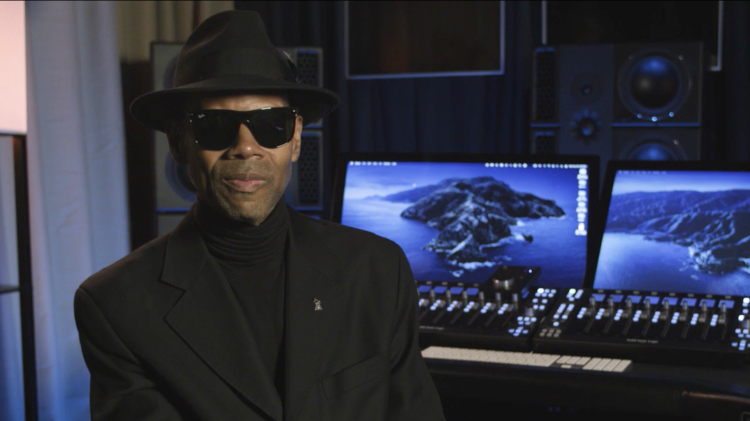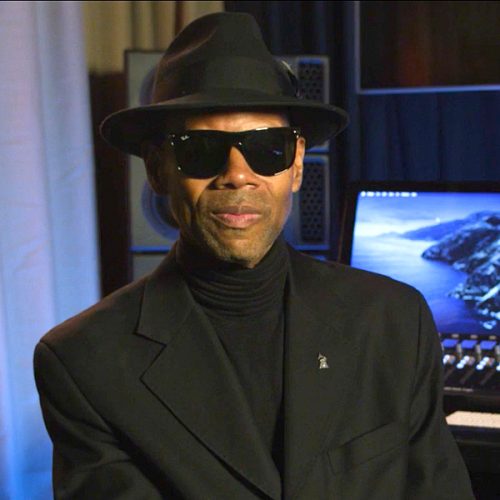SZA, the enigmatic and soulful singer-songwriter, has captivated audiences once again with her hauntingly beautiful and darkly humorous single, “Kill Bill.” Released to critical acclaim, the song Explores the complex emotions of heartbreak, revenge fantasies, and the lingering obsession that can follow the end of a toxic relationship. SZA’s raw and honest lyrics, coupled with a mesmerizing melody and atmospheric production, have solidified “Kill Bill” as a standout track in her critically acclaimed album, “SOS.”
Discover GRAMMY GO courses exclusively on Coursera
Lyrics and Meaning
At its core, “Kill Bill” is an anthem for anyone who has ever felt the sting of betrayal and the desire for revenge. SZA’s lyrics paint a vivid picture of a scorned lover grappling with the conflicting emotions of anger, hurt, and longing. The song’s title references the iconic Quentin Tarantino film, drawing parallels between the protagonist’s quest for vengeance and the narrator’s own fantasies of retribution. However, beneath the surface-level humor and violence lies a deeper exploration of the complexities of love, loss, and the struggle to move on.

Production and Collaboration
“Kill Bill” is a testament to SZA’s creative vision and collaborative spirit. The song was co-written by Carter Lang, a GRAMMY-nominated producer known for his work with artists like Kendrick Lamar and Solange. Lang’s production skillfully blends elements of R&B, trap, and alternative music, creating a soundscape that perfectly complements SZA’s emotive vocals and the song’s dark humor.
The song “Kill Bill” by SZA demonstrates her attention to detail and commitment to creating a cohesive and evocative soundscape. The sparse and atmospheric production highlights SZA’s layered and ethereal vocals, enhanced by subtle sound effects and samples. The dynamic mixing and mastering contribute to the song’s emotional impact and ensure its impact across platforms. Rob Bisel, an expert sound engineer and producer, brought a crisp clarity and sonic depth to SZA’s “Kill Bill,” elevating its emotional intensity. His meticulous approach to sound ensured that every element, from the haunting vocals to the pulsating beats, worked together to create a captivating sonic landscape. Bisel’s contribution played a crucial role in making “Kill Bill” a standout track on SZA’s acclaimed album “SOS.”
Inspiration and Influence
“Kill Bill” draws inspiration from a variety of musical genres, showcasing SZA’s eclectic taste and willingness to experiment with different sounds. The song’s sparse beats and atmospheric synths evoke the sounds of contemporary R&B and trap, while the melodic vocals and introspective lyrics harken back to the confessional songwriting of artists like Amy Winehouse and Lauryn Hill. The track’s production also incorporates elements of alternative and indie music, adding depth and texture to the overall sound.
Critical Acclaim and Awards
SZA’s “Kill Bill” garnered significant recognition at the 2024 GRAMMY Awards, earning nominations in prestigious categories including Record of the Year and Song of the Year. While it didn’t secure wins in these categories, SZA’s album “SOS,” which features “Kill Bill,” won the GRAMMY for Best Progressive R&B Album. Additionally, her collaboration with Phoebe Bridgers on the song “Ghost in the Machine” from the same album won the GRAMMY for Best Pop Duo/Group Performance, and the track “Snooze” won Best R&B Song. The song’s impact and cultural resonance were undeniable, solidifying SZA’s position as a leading force in contemporary music.
Covers and Tributes
“Kill Bill” has inspired numerous covers and tributes from fans and fellow musicians alike, further demonstrating its widespread appeal. Notably, rising pop star Doja Cat released a playful and energetic remix of the song, adding her own unique flair to the track while staying true to its darkly humorous spirit.
SZA’s “Kill Bill” is a raw and unflinching exploration of the complexities of human emotion. Through her honest and vulnerable lyrics, SZA invites us to confront the darker side of love, loss, and the desire for revenge. As the song continues to captivate audiences and inspire new interpretations, it is clear that “Kill Bill” will remain a significant and cherished part of SZA’s musical legacy.

























